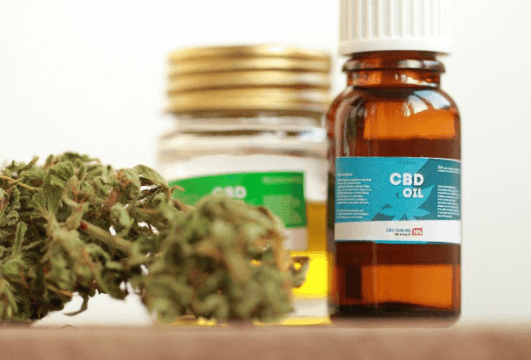The relationship between cannabidiol (CBD) and headaches is a nuanced topic that merits careful examination. While many users report beneficial effects, an emerging body of evidence suggests that CBD may induce headaches in certain circumstances, influenced by factors such as dosage, product quality, and individual sensitivity. Understanding the potential mechanisms behind these adverse reactions could provide critical insights for both users and healthcare professionals. As we explore these complexities, the question remains: what specific factors contribute to this phenomenon, and how can one effectively navigate their CBD experience to avoid unwanted side effects?
Understanding CBD and Headaches
Cannabidiol (CBD), a non-psychoactive compound derived from the cannabis plant, has garnered attention for its potential effects on various neurological conditions, including headaches.
Research indicates that CBD may interact with the endocannabinoid system, influencing headache mechanisms such as inflammation and pain modulation.
Understanding these CBD effects can empower individuals seeking alternative treatments, promoting informed choices in managing headache symptoms.
See also: Can I Travel With Cbd Internationally
Potential Causes of CBD-Induced Headaches
What factors might contribute to headaches in individuals using CBD, and how can they be understood in the context of dosage, individual sensitivity, and product quality?
Dosage effects play a crucial role, as excessive intake may lead to adverse outcomes.
Additionally, strain differences can influence cannabinoid profiles, potentially resulting in varied reactions.
Quality of the product also determines its purity, impacting overall user experience.
Individual Responses to CBD
Individual responses to CBD can vary significantly based on factors such as genetic predisposition, metabolic differences, and existing health conditions, which can influence both efficacy and side effects.
Dosage variations play a crucial role in how individuals experience CBD, as personal experiences can differ widely.
Understanding these factors is essential for optimizing the therapeutic benefits of CBD while minimizing potential adverse effects, including headaches.
Research Findings on CBD and Pain
Research has increasingly focused on the potential of CBD as an analgesic, with various studies indicating its effectiveness in reducing pain associated with conditions such as arthritis, multiple sclerosis, and chronic pain syndromes.
The CBD analgesic effects are believed to interact with cannabinoid receptors, modulating pain pathways and offering a promising alternative for those seeking relief from chronic pain without traditional pharmaceuticals.
Managing Headaches Related to CBD
While CBD has shown promise in alleviating various types of pain, some users report experiencing headaches as a side effect, necessitating effective management strategies to mitigate this issue.
Adjusting CBD dosage can be crucial, as lower doses may provide headache relief.
Additionally, strain selection based on user experiences can enhance tolerance and reduce adverse effects, fostering a more enjoyable CBD experience.
Conclusion
In conclusion, while CBD is often heralded for its therapeutic benefits, it can induce headaches in a subset of users.
Research indicates that approximately 5-10% of individuals may experience adverse effects, including headaches, due to factors such as dosage and product quality.
Understanding these variables is crucial for optimizing the use of CBD and mitigating potential side effects.
Continued investigation into the relationship between CBD and headaches will enhance user experience and safety in cannabinoid therapy.





